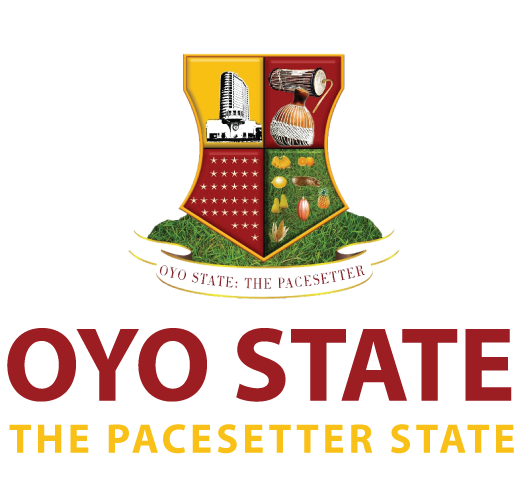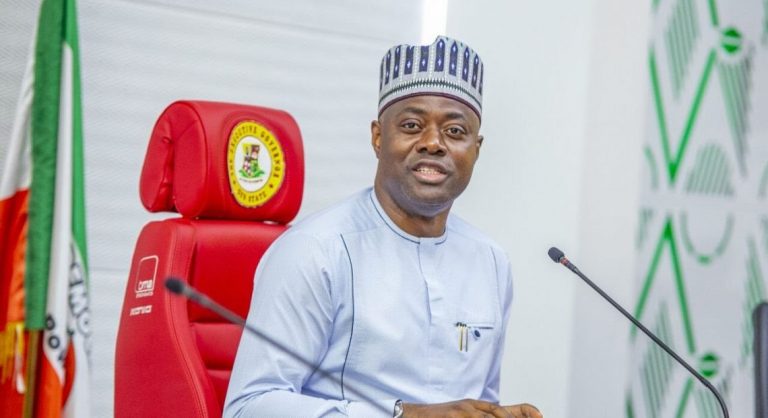Encomium As USPF Board Appoints Communications Minister, Patanmi, NCC Boss, Adeolu Akande As Chairman, Vice Chairman
Universal Service Provision Fund (USPF) has announced the appointment of Professor Isa…
Oduduwa News@2: Management Set To Organize Public Lecture
In commemoration of OduduwaNews anniversary, the management team has revealed its plan…
Apple iMac M1 Review: the All-In-One for Almost Everyone
Good web design has visual weight, is optimized for various devices, and…
Apex Legends is Throwing a Two-Week Fancy Party
This week, the Louvre Museum in Paris was even forced to close…
Disintegration Beta Testing Begins Later This Month
This week, the Louvre Museum in Paris was even forced to close…
2020 Game Developers Choice Award Nominations
This week, the Louvre Museum in Paris was even forced to close…
This Skyrim Mod Mimics Sekiro’s Brilliant Combat
This week, the Louvre Museum in Paris was even forced to close…
A Rune 2 Patch is Finally Coming Now
This week, the Louvre Museum in Paris was even forced to close…
Kakarot Releases on Friday, so Here’s a Launch Trailer
This week, the Louvre Museum in Paris was even forced to close…
Epic’s Weekly Free Games will Continue through 2020
This week, the Louvre Museum in Paris was even forced to close…











